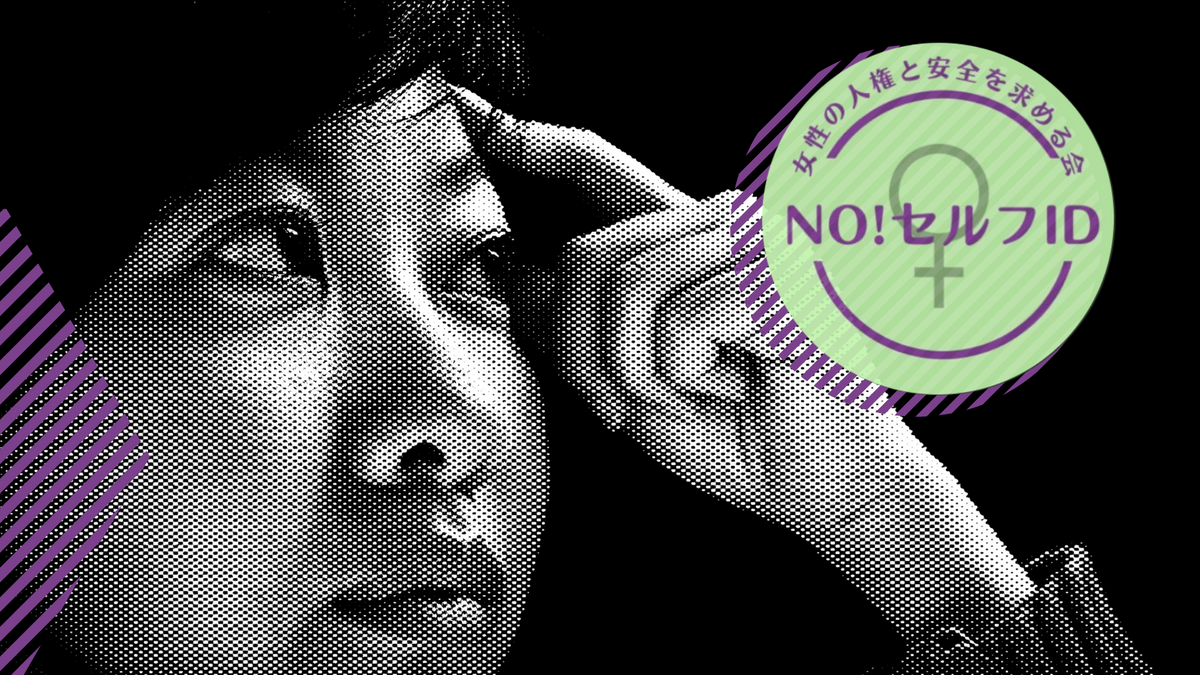Japanese Women Form Organization to Challenge Self-ID
Japan now has a first-of-a-kind organization that challenges gender self-ID.

Like most Asian countries that boast comprehensive legal structures to protect and uplift the marginalized, Japan is no exception. One of the earliest victories of their modern-day feminist movement was the passing of the Equal Employment Opportunity Law in 1985. While the law lays out exhaustive provisions to ensure equal opportunities for women, it is a far cry from the bitter realities of their lives.
Maintaining rigid social stereotypes, men and women have distinct societal roles to adhere to. Japanese medical schools manipulate scores to aid male students pass easier than females. It is believed that women are not cut out to endure the high demands of medical profession owing to their biological sex. This practice begins in public schools entrance exams where boys can score up to 243 points less than girls and still get in.
Meanwhile, girls and young women face a hyper-sexualized porn culture that reduces them to mere objects; but this is not a new phenomenon. It dates back to an underground pedophile network of the 1980s known as the Lolita Complex where anime-like pornographic illustrations of schoolgirls were shared for male titillation. It didn’t stay underground for very long. With the advent of the Cool Japan campaign, non-Japanese consumers of local pop culture rose. Anime and Manga had by then taken a stronghold in the international market; and seeing how popular they are worldwide - unbeknownst to the politicians - Japan ended up promoting them as part of the campaign. Unfortunately for Japanese women and girls, this meant a more dangerous society; as these animations normalize extreme violence, rape and incest. This is just the tip of the iceberg of Japanese porn culture and other problems women face.
With existing problems left untackled; misogynistic perversion and fetishes abound and Japanese women now face a new evil: gender self-ID. While the oppression faced by women everyday is acutely sex-based, fetishistic men wanting to self identify as women citing “gender identity” make it unbearable. Access to women-only spaces is already a troubled topic in Japan where men are often seen secretly filming women in toilets. It comes as no surprise that there is also a growing number of women wanting to “become men,” because the government is opposed to legalization of same-sex marriage.
I spoke to Uno Ishigami, one of the co-chairs of the organization "No self-ID! For Women's Rights and Women's Safety," which aims to advocate against replacing sex with “gender identity” in law.
Established over the summer of 2021 but formally launched via the website on September 9th, "No self-ID!" has their work cut out for them. According to Uno,
“The aim of the organisation is three-fold: to stop transgenderism from spreading self-ID, to defend the sex-based rights of women and to seek a society with freedom of speech so that people are not unjustly attacked for challenging authority.”
With humble roots, "No self-ID!" started after what seems like a three-year online conversation between a few women on Twitter. Their hope is to shake the foundational misogyny that has given rise to transgenderism in Japan.
Just this week, Fumio Kishida of the Liberal Democratic Party (LDP) was formally elected as Japan’s prime minister. The previous government - also led by LDP - leaned towards passing a law that includes protection of “gender identity.” This law will come to discussion in the parliament soon.
Though conservative, the LDP government was strongly egged on to bring about laws concerning self-ID by the unanimous consensus of its Left Wing opposition. Speaking about the public’s perception of such laws, Uno said: “In Japan, the opposition to self-ID is mainly on Twitter. But that is too fragmented and unsuitable for spreading ideas in a more collective way.”
Uno and her co-chair Yuuki Sakurada hope to show Japanese people that self-ID is a problem, and provide a channel for citizens' voices to be heard. Uno added:
“We are focusing on the next parliamentary session. We are also very concerned that the idea of self-ID is spreading outside of the legal arena too. Our struggle will be a long one. We will work together with other organizations and groups both in Japan and abroad to stop the self-ID system. There is an urgent need to make our voices heard by political parties, the media and public bodies.”
Uno and Yuuki - both of whom use pseudonyms to retain anonymity - worry about the social media trolling and threats—something they have been experiencing ever since they started advocating against gender. But the reception of "No self-ID!" has been rather mild. “We haven't actually faced any backlash so far. For one, our website is so carefully set up that anyone would find it hard to criticise. There is also a possibility that another female only group (Save Women's Space) was set up at the same time, and that the attack from extremist gender identity activists has been mostly directed at that group,” Uno surmised.
Given the Himalayan task ahead of them, I enquired if feminists from around the world can help support their organization in any way. While there is no formal membership model set up, "No self-ID!" urges everyone to spread the word about their work. “What we will find most empowering is to hear from Japanese people reporting back saying 'This is how I protested against the self-ID movement in my area,' thereby emboldening others,” Uno said.
With great risks to their reputation and career, these women have come together to take on the gender cult. It will set a precedent for many other countries to follow suit. As Uno perfectly summarized, “with more people who take action to change reality, more effective our collective force will be.”
Watch an interview with Uno Ishigami about several other issues faced by Japanese women: https://youtu.be/NyxoutM_caU
4W provides paid writing work for over 50 women in countries spanning the globe. This work is made possible thanks to our paid monthly subscribers. Join today to support our work!
Enter your email below to sign in or become a 4W member and join the conversation.
(Already did this? Try refreshing the page!)





Comments